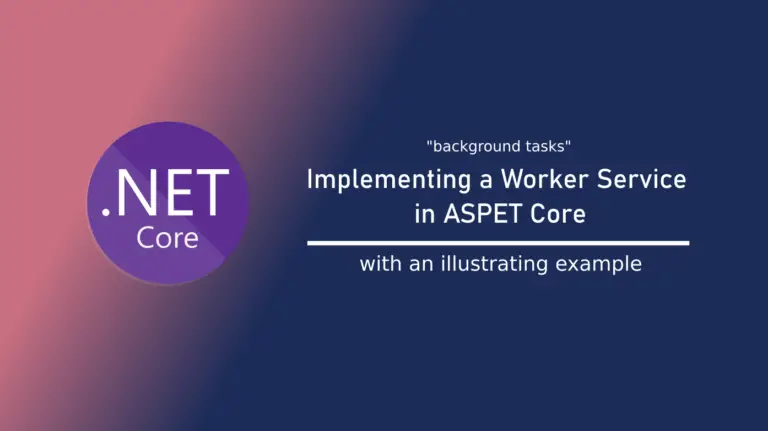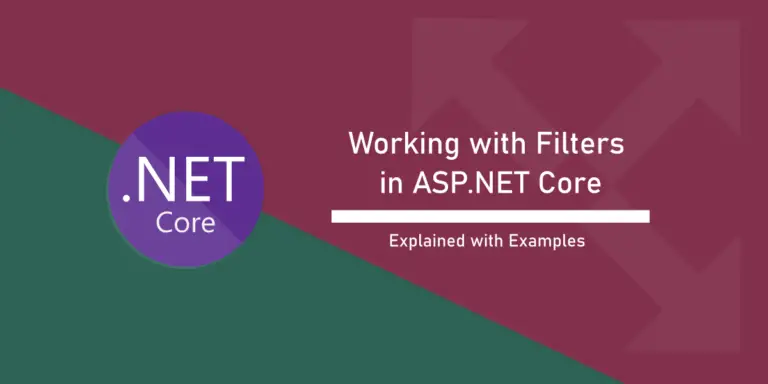
How is LINQ executed in EF Core Simplified
In this article, let's look at the two main concepts in LINQ execution patterns that help in writing efficient and memory conscious expressions.

In this article, let's look at the two main concepts in LINQ execution patterns that help in writing efficient and memory conscious expressions.

In this article, let's discuss how we can implement Half-Duplex and Full-Duplex communication with gRPC and ASP.NET Core with illustrating examples.

In this article, let's discuss the issue of XSRF and how Antiforgerytoken helps in preventing such attacks in ASP.NET Core MVC applications.

In this article, let's talk all about caching in general and integrating & working with Redis Cache in an ASP.NET Core application.

In this article, let's go deep dive into the concept of Micro ORM and how to work with Dapper with ASP.NET Core with examples

In this functionality-focused article, let's look at how we can capture a part of the view inside a flutter app and then write the captured image to a local storage.

Here are my top 10 picks for the most useful LINQ methods that are available for use in C# development (and Entity Framework)

In this article, let's learn about what is a Hosted Service and how we can create and use a Hosted Service inside ASP.NET Core with an example.

Filters are components built into the ASP.NET Core which can help us in controlling the execution of a request at specific stages of the request pipeline. These come into picture post the middleware execution, when the MVC middleware matches a Route and a specific Action is invoked.